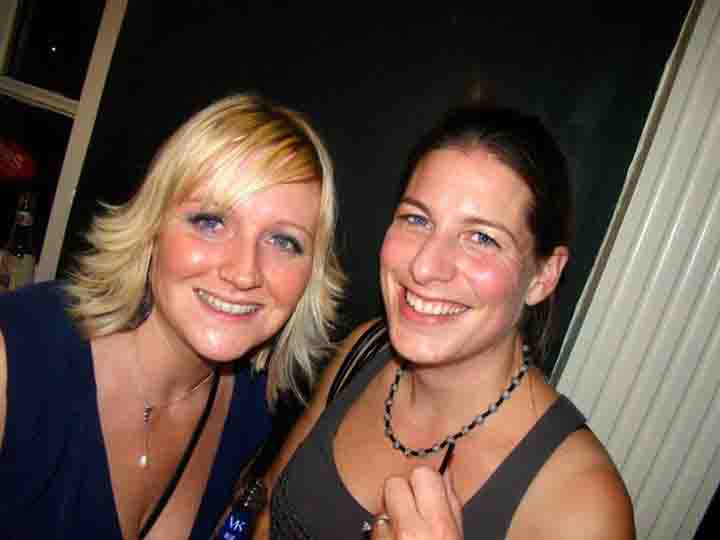English Language Introduction
The English language is one of the most widely spoken and influential languages in the world today. It serves as a bridge of communication across nations, cultures, and industries. As the dominant global language, English is used in business, education, science, entertainment, and international diplomacy. It is the official or primary language in many countries and a secondary or common language in many more. Its adaptability, vocabulary richness, and global acceptance make it a truly international means of communication that continues to evolve with time.
All about English Language
The English language has a fascinating history that stretches back over 1,400 years. Originating from early Germanic dialects brought to Britain by Anglo-Saxon settlers, it gradually evolved under the influence of Norse and Norman French. Today, English is a blend of Latin, Greek, French, and Germanic roots, making it a highly diverse linguistic system. This evolution has contributed to a vast vocabulary and flexible grammar structure that allow for creativity in expression and meaning. Its reach has grown through colonization, trade, and technology, positioning it as the primary language of global communication.

Importance of the English Language
English is often considered the global language of opportunity. It provides access to education, technology, and economic advancement. Around the world, proficiency in English is a key requirement in academic institutions and multinational corporations. In science and technology, English remains the dominant language for research publications and international conferences. It also plays a central role in the entertainment industry, from films and music to online content, which helps spread its use even further among non-native speakers.
Learning and Teaching English
Learning English has become an educational priority for millions of people across all continents. It is taught as a first, second, or foreign language in schools, universities, and online platforms. Effective language learning combines grammar, vocabulary, listening, speaking, reading, and writing skills. The growing availability of digital resources such as apps, virtual classrooms, and interactive lessons has made English learning more accessible than ever before. Teachers emphasize both fluency and comprehension to help students effectively apply the language in real-world contexts.
Varieties of English Around the World
English is not a uniform language but a collection of regional varieties that reflect cultural and historical differences. British English, American English, Australian English, and Indian English each have unique features in pronunciation, spelling, and vocabulary. For example, the British say [translate:colour] while Americans write [translate:color]. These variations highlight how English evolves to suit different regions while maintaining mutual intelligibility among speakers. Instead of dividing people, these differences enrich the language and give it a vibrant, adaptive character.
Technology and the English Language
Digital technology has accelerated the spread and evolution of English. The internet, social media, and artificial intelligence rely heavily on English as their primary medium of communication. Many websites, search engines, and software programs are primarily designed in English, influencing how people engage with content online. As technology evolves, English continues to incorporate new words and expressions, ensuring it stays relevant in the digital world. This ongoing adaptation reinforces its role as the language of innovation and connectivity.
English Language Summary
The English language stands as a symbol of connection in a globalized society. Its rich history, widespread influence, and adaptability have made it a cornerstone of international communication. English not only serves practical purposes but also acts as a cultural bridge, linking people and ideas across continents. As it continues to evolve, English will remain essential to education, technology, and global collaboration, shaping the way people share knowledge and build understanding worldwide.
